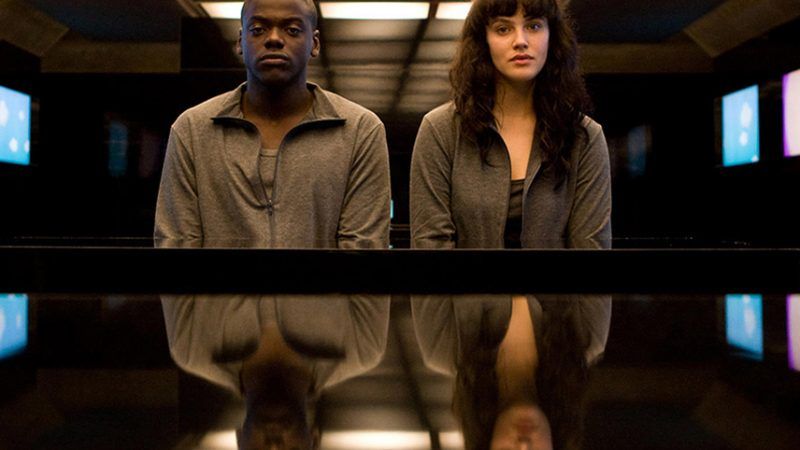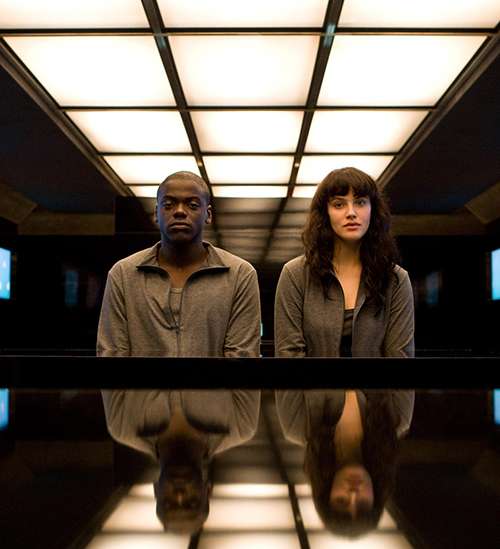Bright


In theory, Netflix doesn't care when you watch its programming. Unlike broadcast television or Hollywood blockbusters, which rely on huge marketing pushes tied to their release dates, the goal isn't to have viewers watch things at specific times. Instead, it's to have a vast library of content available for people to watch wherever, whenever.
It's a new way to make both movies and television—one that is less interested in individual blockbusters and more interested in piling up popular programming. But that doesn't mean the old rules have completely gone away. The company doesn't mind when viewers tune in to a new film all at once, as happened with the release of Bright in December.
The movie—a buddy-cop fantasy starring A-listers Will Smith and Joel Edgerton as a human cop and his orc partner—was a pseudo-blockbuster production, with a reported $90 million budget, although roughly $40 million went to buying out the profit sharing that the major players would normally receive. David Ayer, the man behind 2016's superhero smash Suicide Squad, directed.
The feature-film-via-TV-app also generated pseudo-blockbuster business. Despite intensely negative reviews, it was viewed more than 11 million times during its first three days in December, a number that doesn't count mobile viewing on phones and similar devices, according to the Nielsen ratings service. In box office terms, that's the viewership equivalent of a $100 million opening weekend. And no one had to leave home, or pay for a ticket.
Netflix doesn't typically release viewership figures, but it said the movie was among the most popular it's ever released and announced it had already ordered a sequel—which you'll also presumably be able to watch whenever you want. However this distribution model works for Netflix, it's creating great consumer surplus for its subscribers already.
This article originally appeared in print under the headline "Bright."


Show Comments (0)